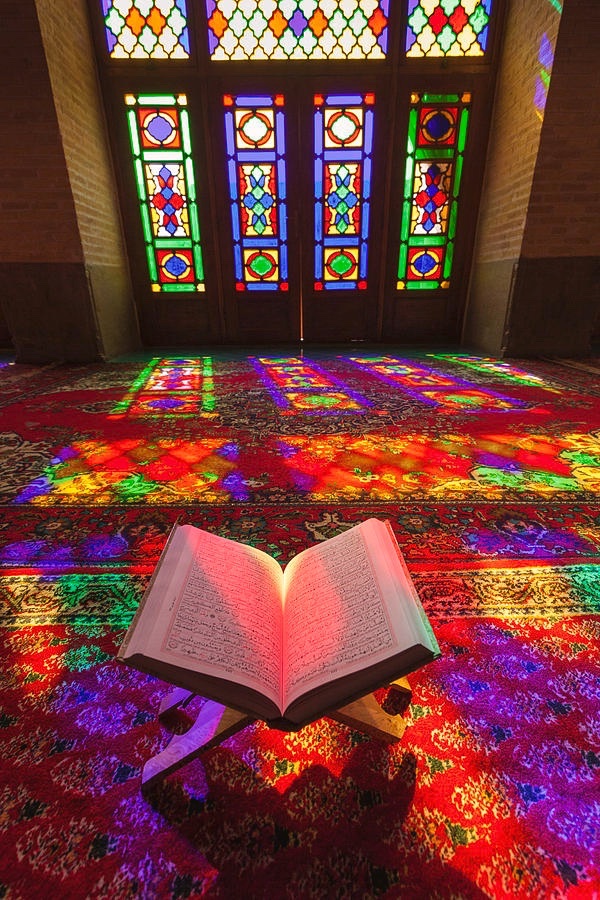
You should not have the opinion that whatever He knew, He said; whatever He could do, He did; and whatever He had, He showed. The existent things and the created things are a sample of His power.
(2/6)
(2/6)
Revelations and inspirations are an iota of His knowledge. Just as He sent a few rulings of His knowledge to the creatures and the knowledge did not reach the bottom,
(3/6)
(3/6)
so also He put together a few clods of earth and His power did not reach its end. If He were to create thousands of Thrones, Footstools, heavens, and earths, He still would not have made apparent an iota of His power.
(4/6)
(4/6)
Your power is incapable and finite, but His power is transcendent and infinite. Whatever is impossible in the intellect, God is perfectly powerful over that.
(5/6)
(5/6)
In power He uses no contrivances, in self-standing His state does not change, in Essence and attributes He is everlasting and transcendent.
(6/6)
(6/6)
📚
Rashīd al-Dīn Maybudī, The Unveiling of the Mysteries and the Provision of the Pious (Kashf al-Asrār wa ʿUddat al-Abrār)
#sufism
#tasawwuf
#islamicmysticism
Rashīd al-Dīn Maybudī, The Unveiling of the Mysteries and the Provision of the Pious (Kashf al-Asrār wa ʿUddat al-Abrār)
#sufism
#tasawwuf
#islamicmysticism
• • •
Missing some Tweet in this thread? You can try to
force a refresh











